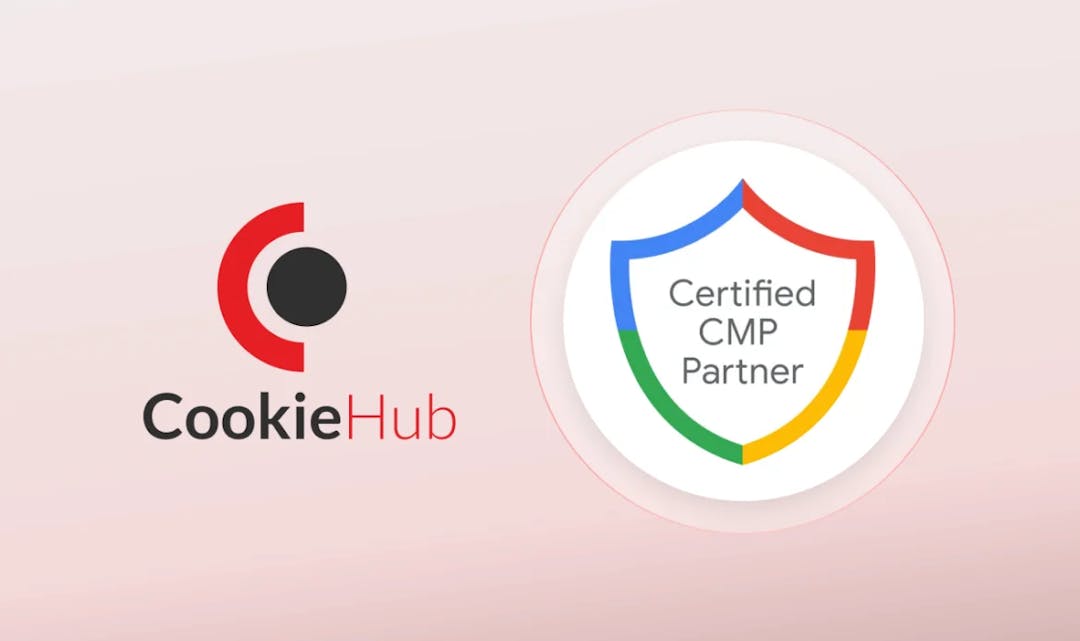
As data privacy concerns continue to grow in the online arena, keeping up with compliance requirements is a key responsibility for website owners. The rollout of updates to Google Consent Mode (informally referred to as “V2”), is a major step in remaining compliant with changing privacy laws.

As the digital arena has rapidly expanded, so have the number of ways personal data can be collected and processed by businesses. This, of course, has resulted in widespread data privacy concerns, with a nearly continuous stream of privacy laws being designed to protect users online. Sitting at the forefront of all this is “consent management,” a key process that ensures businesses comply with global data protection laws and respect customer preferences.

We are happy to announce that CookieHub has been recognized as a Gold CMP Partner by Google. This recognition highlights our commitment to providing leading privacy and consent management solutions, and it marks a milestone in our journey to help businesses worldwide stay compliant with global data privacy regulations.

In recent years, numerous data protection laws have been enacted in a bid to enhance data privacy for internet users worldwide. Stringent laws, like the EU’s General Data Protection Regulation (GDPR), mandate that websites obtain explicit consent from users before utilizing their data, particularly for targeted advertising purposes. With hefty fines for non-compliance, reaching up to €20 million or 4% of global annual revenue, regulations like GDPR need to be observed with great care.

With Google expanding its compliance mandates in Switzerland, websites that cater to Swiss users will soon need to engage a certified Consent Management Platform (CMP) that’s integrated with the Transparency & Consent Framework (TCF). The same precision that Switzerland brought to their internationally renowned watches is now being applied to its data privacy—with Google’s extended regulations aiming to harmonize data privacy laws in Switzerland with the well-established regulations that exist in the European Union and the United Kingdom.

Digital privacy has been a hot topic over the last few years, as consumers worldwide are becoming increasingly aware of their rights regarding data protection. With data breaches and the misuse of personal information continuing to make global headlines, there’s an escalating demand for transparency and assurance from the websites and platforms we interact with daily.